In this witty, often
terrifying work of cultural criticism, the author of
Amusing Ourselves to Death chronicles our transformation
into a Technopoly: a society that no longer merely uses
technology as a support system but instead is shaped by
it--with radical consequences for the meanings of
politics, art, education, intelligence, and truth.
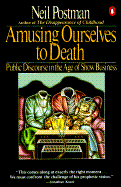
About this title:
Postman takes an enlightening look at the long-term
effects of mass media--how it transforms our world, and
the ways in which the media onslaught can be challenged.
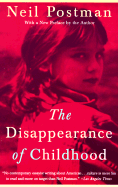
About this title:
Neil Postman describes the threats to childhood in
America today, and what this disappearance means. The
concept of childhood is a relatively recent invention in
history of humanity; the author predicts that the mass
media may be spelling its demise.
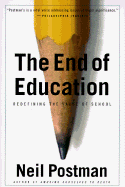
About this title:
Among the arguments for further subversion by Postman,
author of "Teaching as a Subversive Activity," are a
call to end the pursuit of multiculturalism in favor of
helping the young to "transcend individual identity by
finding inspiration in a story of humanity," a plea for
schools to engage students in the care of their own
school facilities and neighborhoods, a proposition to
emphasize analysis over memorization in many fields of
study, and a heartfelt belief in the dramatic and
immediate improvement that could result if teachers
abandoned their textbooks.
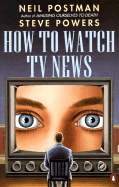
About this title:
An important guide to understanding what you're
getting--and not getting--from TV news. Postman and
Powers warn that anyone who relies exclusively on TV for
a knowledge of the world is making a serious mistake and
suggest ways to intelligently evaluate TV news shows.
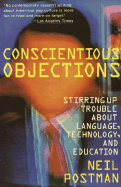
About this title:
In a series of feisty and ultimately hopeful essays, one
of America's sharpest social critics casts a shrewd eye
over contemporary culture to reveal the worst-and the
best-of our habits of discourse, tendencies in
education, and obsessions with technological novelty.
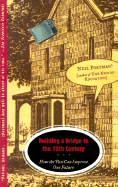
About this title:
In this analysis, a social critic examines the
scientific and intellectual climate of the 18th century,
and suggests that readers guide themselves into the 21st
century by applying the wisdom of the past.
